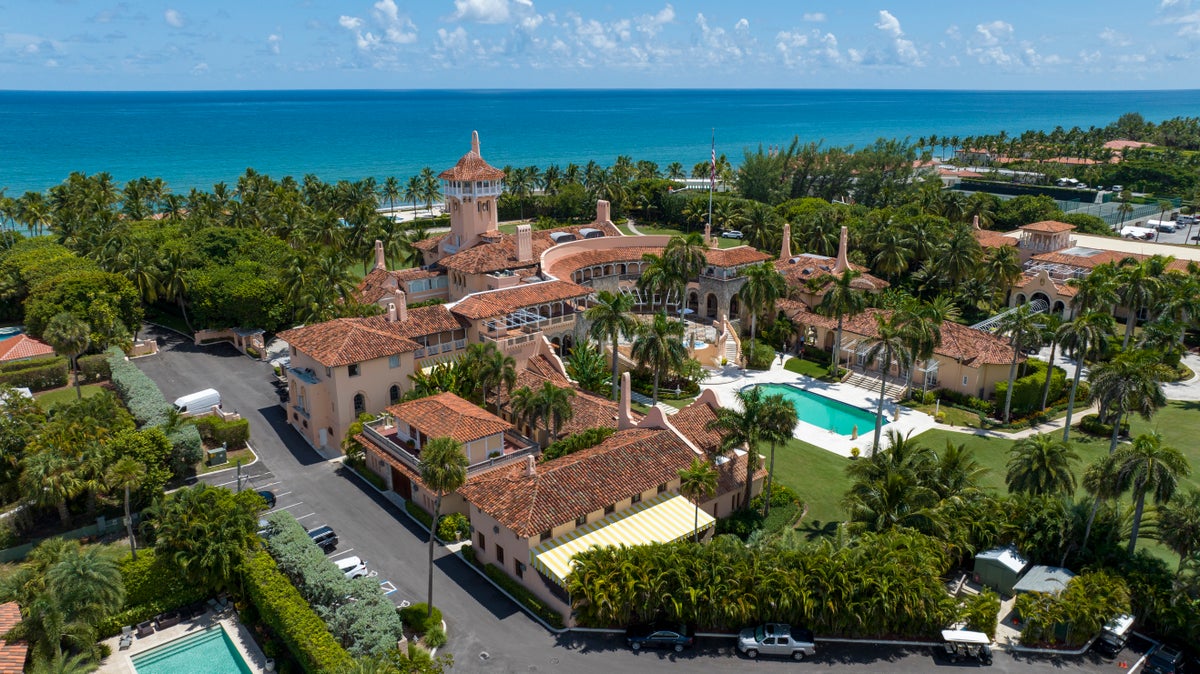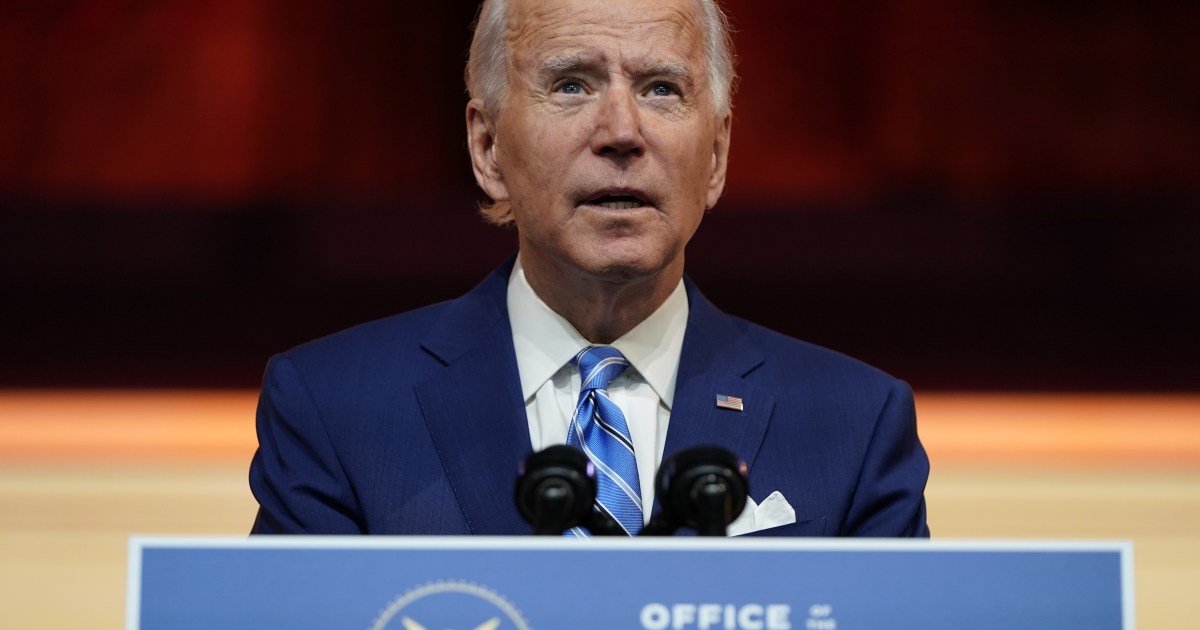Trump had secret papers about foreign nation’s nuclear defences at Mar-a-Lago, report says
The FBI seized files detailing the nuclear capabilities of a foreign country when its agents executed a search warrant at Donald Trump’s Mar-a-Lago resort and residence last month, The Washington Post reported on Tuesday.
The paper quoted sources saying that the documents were so secret that only the president, some members of his Cabinet or a near-Cabinet level officials would be allowed to authorise other government officials to see them.
The Post said that the papers included information about the nuclear defence readiness of a foreign country, but did not say which one.
The stunning implications of such documents — which are classified at some of the highest levels existing in federal law — being held at a private residence where concerns have been raised about the organisation and security of their keeping cannot be overstated. The allegation suggested a reason for why US intelligence agencies would need to conduct an assessment of any risks to national security in the wake of the FBI raid.
If accurate, the report also shreds any defence by Mr Trump and his allies claiming that the documents seized by the FBI were harmless and solely intended for his use in a memoir, presidential library, or other project. It’s hard to imagine a valid need for a former president to have such information on hand.
Mr Trump’s closest defenders have made such arguments for weeks — Sen Marco Rubio, who represents the state in which the raid occurred, said only this week that the investigation amounted to a mere records issue. Tuesday’s report by the Post would put the Justice Department squarely in the territory of investigating the potential mishandling classified materials, to say nothing of the records act violations Mr Trump could be accused of as well.
The Independent has reached out to the former president’s office for comment.
Reacting shortly after the FBI raid on Mar-a-Lago on 8 August, Mr Trump denied that there had been any nuclear secrets among the papers reportedly found at his home, calling the claims “a hoax”. He also suggested the FBI had planted documents there, although he has since acknowledged that they were there, subsequently claiming he had personally “declassified” them.
In the weeks since the FBI’s raid Mr Trump has repeatedly lashed out at the Biden administration, and in particular the federal law enforcement apparatus for his latest legal predicament. At a recent rally in Pennsylvania alongside his chosen candidates in key state races, the former president denounced what he said were “vicious” actions by the DoJ.
Adding to his ire at the agencies is the recent revelation from Facebook’s Mark Zuckerberg that his company and Twitter voluntarily censored news on their platforms regarding a laptop previously owned by Hunter Biden during the 2020 election. Conservatives long claimed that the computer contained incriminating information (though Mr Biden does not stand accused of any crimes by law enforcement) and Mr Trump himself has espoused the belief recently that the inability of the story to reach more voters cost him votes in the 2020 election.
The former president also harbours hatred of the DoJ and FBI over their investigation of his 2016 presidential campaign and the unprecedented effort by Russian agents to damage the reputation and candidacy of his opponent, Hillary Clinton.
He has not, however, provided any coherent explanation for why classified materials were at his private residence and resort in Florida, preferring instead to lob baseless accusations in the same vein at his predecessor, Barack Obama.
Mr Trump has also, along with his allies including Marjorie Taylor Greene, unleashed withering criticism after criticism against the FBI which the agency along with the Department of Homeland Security warned last month was leading to an increase in threats of violence against federal agents and property. An Ohio FBI office was even attacked, leading to the death of the assailant in a gun battle with law enforcment.
The political implications of indicting a former president, especially one considered a leading candidate for his party in the next presidential cycle, are now at the top of the minds of both political analysts in the Washington media as well as prosecutors at the Justice Department, who abide by an unwritten rule to not take politically-sensitive actions during election seasons.
A potential reaction to such an act by the Justice Department was spelled out by GOP Senator Lindsey Graham, who recently predicted “riots” in the streets should Donald Trump be criminally charged. His words were called a veiled threat by his enemies on the left, while Mr Graham defended them as an honest depiction of the reality of the situation.
The documents seized by FBI agents will now be placed into the hands of a court-appointed special master unless the Justice Department appeals a decision by Judge Aileen Cannon to allow the yet-unnamed official to review them for privileged information or files. DoJ officials have said that they are weighing their options.


